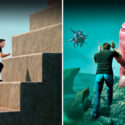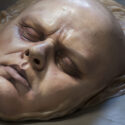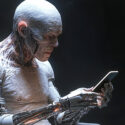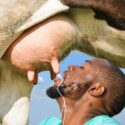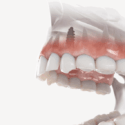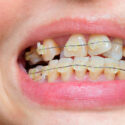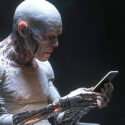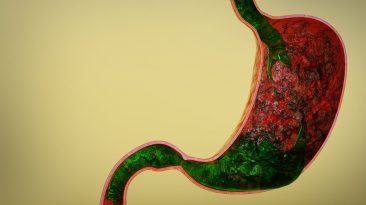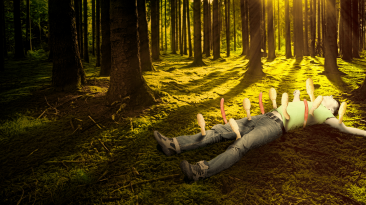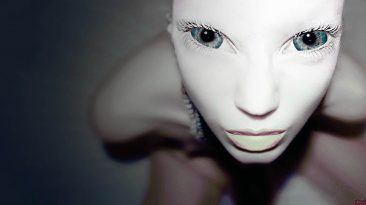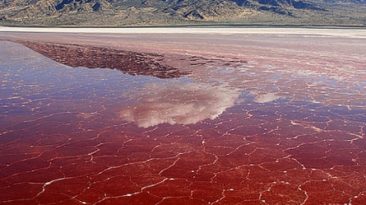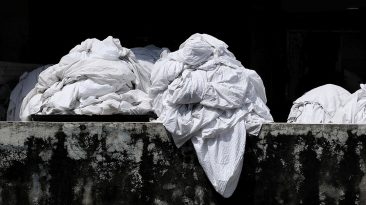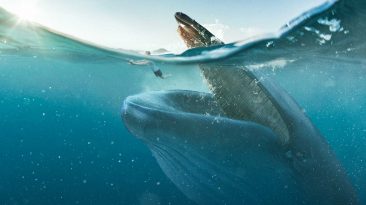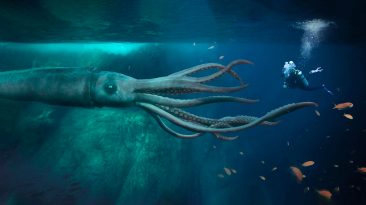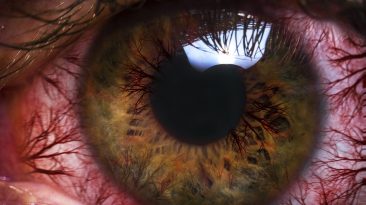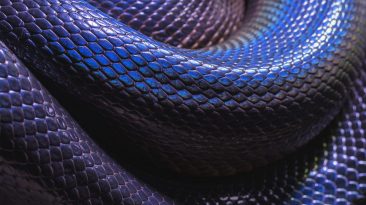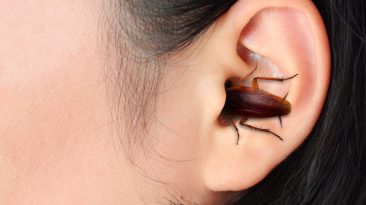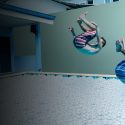Looking to get your beach body into shape? Ready to lose that excess weight?
Well, our new patented diet plan is for you! Today, we’re going to get rid of your skeleton. You don’t need your bones… right? What would your boneless lifestyle be like?
How would you eat without jawbones? And is your skeleton still evolving?
Okay, brace yourself. We just got your results in, and we’re sorry to report that you’ve got a spooky, scary skeleton inside you.
Your skeletal system is made up of bones, tendons, ligaments, and cartilage. It produces blood cells, stores, and releases fats, and minerals and you know, supports the structure of your body.
But don’t worry, we’re going to take that sucker right out. In fact, we’re taking everyone’s bones out. You don’t need to thank us, we’re just trying to do our part.
So, what would your new boneless life be like? Well, you wouldn’t be able to move for starters. Have you ever wanted to spend the whole day in bed? Well, now you can, everyday.
Don’t worry, it’s perfectly fine. Just take a deep breath. But, not too deeply because without a ribcage, your lungs wouldn’t be able to expand. Without bones, you would need to be hooked up to a ventilator 24/7. This means you would be subject to more infections, because your airways are always open. This would let all sorts of nasty germs in. For example, a common cold would quickly become pneumonia.
But as long as you eat healthily, you should be okay. Well, when I said “eat”, I meant we’d give you a feeding tube. You can’t chew without your jawbones. On the bright side, you wouldn’t have any bone-related diseases like osteoporosis. Plus, you’d never have to worry about wearing a cast.
But what if our bones weren’t removed? What if we never had them in the first place?
If we had evolved without bones, that might mean that we would never have left the ocean, and we lived our lives like human jellyfish. Maybe we would evolve to have an exoskeleton. Then we’d need to molt, and grow bigger exoskeletons as we grow.
Okay, I’ll be honest. That sounds pretty gross. But the good news is that you wouldn’t have to deal with it for long. Yeah, your lifespan would decrease significantly, since your skeleton provides much-needed protection for your organs.
Your brain would be left without its helmet, making your noggin extremely vulnerable. Okay, maybe this wasn’t the best idea. Our bones do more than we give them credit for.
We already know that our bones grow with us as we get older. But did you know that modern life is actually causing our bones to change?
For example, feel the back of your head. On the back of your skull is a spike-like feature called the external occipital protuberance. But it wasn’t always there. In fact, it used to be so rare, that we didn’t start investigating it until 1885.
So where did it come from? Well get this. The spike is most common in younger people. The reason? Technology.
The constant use of smartphones and tablets has led to this spike. Since we’re hunched over our devices, it causes strain on our necks. This protuberance helps the skull to cope with the extra stress because it spreads the weight over a wider area.
So, basically your skeleton is looking out for you. Aww, thanks bones. But you don’t have to worry about it. Chances are that if you’re watching this video, you have a skeleton. But that isn’t necessarily the case.
There is a rare genetic disorder called hypophosphatasia that affects one out of every 100,000 babies. It’s a disorder that causes your bones to disappear.
Patients with this disorder lack an enzyme called alkaline phosphatase. This causes their bones to be extremely fragile, so they break down easily. Thankfully, as of today, doctors are working on special enzyme treatments. These allow the bones to slowly grow back, so patients can move again. So, to sum it all up, your bones are extremely important. Without bones in your body, you wouldn’t live long at all.
Sources
- “Skeletal System: Facts, Function & Diseases”. Kim Ann Zimmermann. livescience.com.
- “Child without bones begins to develop skeletal frame thanks to enzyme therapy”. Michelle, Castillo. 2013. cbsnews.com.
- “Hypophosphatasia In Taiwan: Report Of Two Cases”. Chou, Yen-Yin, Shang-Chun Tsai, Shio-Jean Lin, Horng-Yih Ou, Ta-Jen Wu, and Eugene Hsin Yu. 2005. The Kaohsiung Journal Of Medical Sciences 21 (3): 134-137. doi:10.1016/s1607-551x(09)70290-6.
- “How modern life is transforming the human skeleton”. Gorvett, Zaria. 2021. bbc.com.
- “The Antatomy Of Hearing And Balance”. 2021. Medicinenet.


